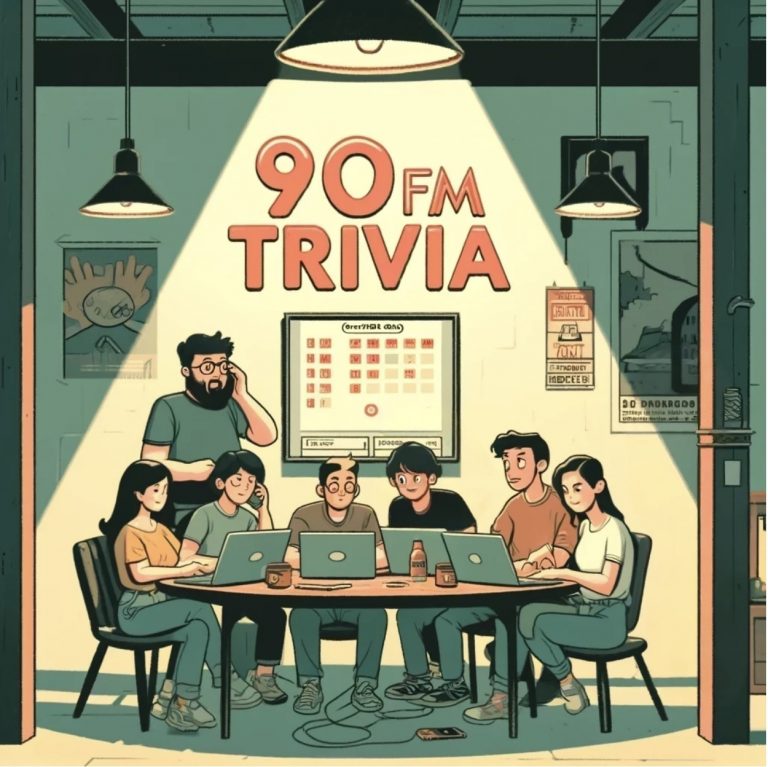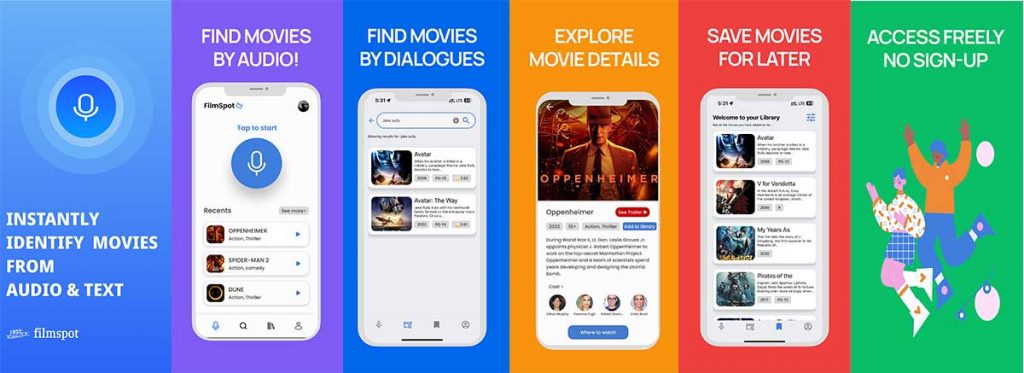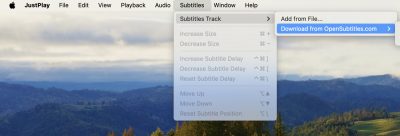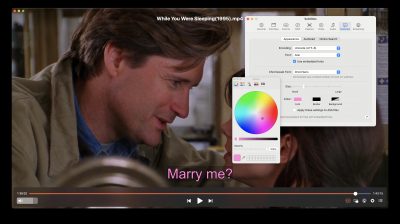It might just be time for the privacy pot to finally boil over. Every few months, the population wake to monstrous data breach scandals, leaving millions of victims in their wake. The distrust in corporations and authorities over our data has deepened in recent years. And judging from the headlines, it’s understandable.
This month, two ex-Twitter employees were charged with spying for Saudi Arabia, targeting users whose opinions grated against the political status quo. In the case of Facebook, it was the Cambridge Analytica scandal that framed a perfect picture of privacy abuse. In 2018, it was discovered that a certain Facebook quiz, seen as ‘a bit of fun,’ was actually being used for psychographic profiling of American voters. 87 million people had their profiles exploited as a result.
With all of these allegations of data theft being used to sway politics by social media giants, it seems surveillance capitalism is fuelling 21st-century politics. And with so much of our physical safety tied up with our online security, it’s no wonder the public backlash has been so severe, and rightly so.
With the rise in tech start-ups by exuberant new generations, data legislation is at least beginning to modernize – empowering people to take security into their own hands. Quick to be adopted was the VPN. Hailed as the ultimate one-click security tool, it’s become a must-have for internet users everywhere — especially if you’d like control over the security of your data.
So what exactly do I need protecting from, we hear you ask?
Well, your entire search history is recorded and stored and tracked by your ISP. Quite often, governments will also have a few fingers in the pie, for reasons ranging from national security to outright illegal surveillance – activities Edward Snowden and a few others blew the whistle on, igniting a global security pandemic.
At the upper end of the scale, the NSA can access your phone in an instant, a hacker can sell your card details on the dark web for a pittance – and presidential candidates can sway voting through data harvesting.
At the lower end of the scale, but by no means a lesser evil, are advertisers. They can buy your search history, targeting you with incessant advertising.
The methods of obtaining data are often rudimentary, but the consequences are nothing short of diabolical.
A VPN hides all of the data that travels to and from your device online. Your data cannot be seen, stolen, or harvested by anyone hoping to abuse you for their own gain.
Here are a few real-life scenarios where a VPN can protect you:
Stolen card details: You’re waiting for a flight, and you’ve bought something online while using free airport Wi-Fi. A scammer has stolen your card details and could now drain your account.
VPN: Public Wi-Fi is usually unsecured — the network can easily be intercepted, exposing your data to criminals. When your card details and other data travels through the internet, a VPN scrambles it into gibberish, rendering it completely useless.
Government censorship: Research can’t be thorough with only selective sources to work from. With your every online move tracked, trying to visit sites that are restricted by authorities can be crippling.
VPN: One of the basic functions of a VPN is its ability to change your location. If you connect to the UK when you’re actually in China, your IP address is swapped for a UK one. Every other computer will see a UK IP address instead of a Chinese one. Now you’re free to behave as a UK internet user.
Advertising spam: Online adverts work by tracking what you search for online. If you’ve just bought a coat online, the clever clogs behind online spam will assume you’ll only want to buy more coats for the next month and constantly target you with adverts for coats.
VPN: A VPN encrypts everything you do online. From your searches to your keystrokes, no-one can tell what you’ve been typing, viewing, and therefore buying. You become invisible to advertisers or anyone else for that matter.
Changing prices: If you can hide your traffic, a VPN can also help you get cheaper deals online. Advertisers target you with items you’ve previously searched for, so the more you search for a flight to Copenhagen, for example, the more adverts you’ll see – quite often with the price hiked up.
VPN: Changing your location through a VPN also lets you buy items at the local foreign rate. NordVPN allows you to choose from over 59 countries, for example.
Supporters of the ‘nothing to hide, nothing to fear’ argument go through everyday life believing that surveillance isn’t targeted at them. Others see government and corporate intrusion into their privacy rights, as the start of a mass controlled state. If the public is to give up their right to privacy and become 100% transparent, then is it not only fair to ask the same from our governments, CEOs, and politicians? The overarching risk with ‘innocent’ surveillance, is being wrongly condemned. Even if it’s by association, authorities can find aspects about a person’s life to prosecute or even blackmail them. If we must relinquish our privacy and succumb to surveillance of any kind, authorities must justify their intrusion into our rights rather than us having to defend what we’re entitled to.











Start the discussion at forum.opensubtitles.com